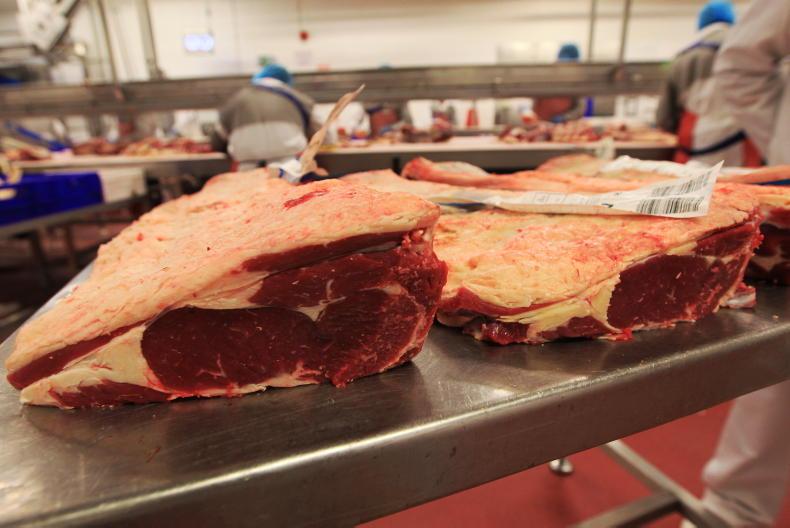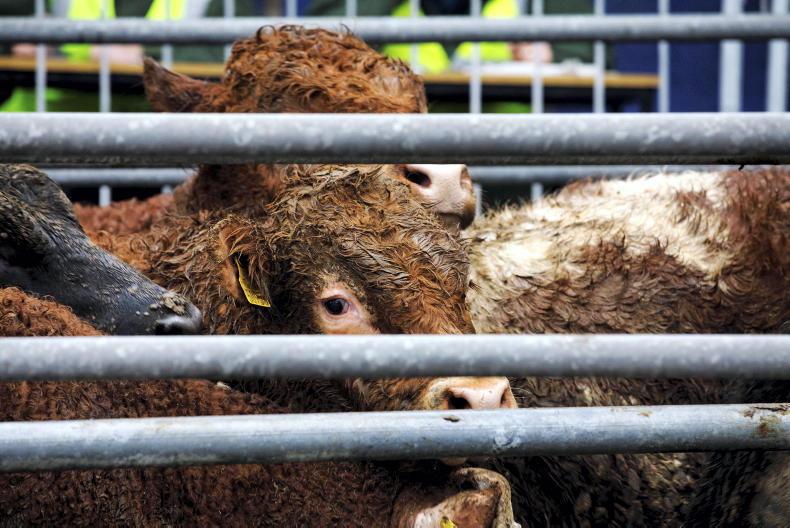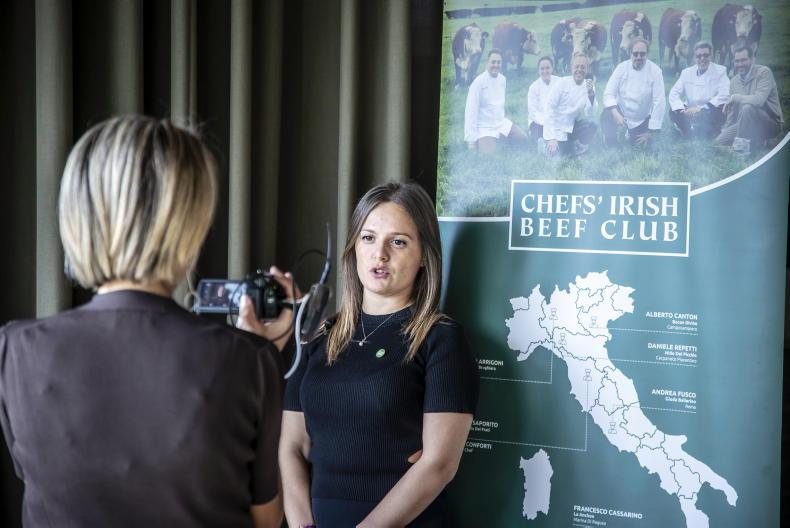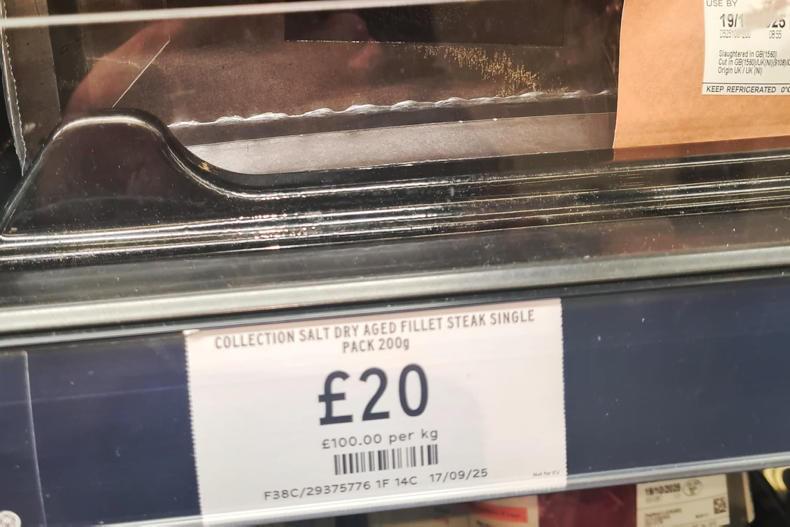Beef farmers in NI are to be asked for information on carbon emissions and grazing activity during farm quality assurance scheme (FQAS) inspections.
As part of a new beef carbon calculator, farmers will be asked about fertiliser and slurry applications, electricity, fuel and plastic usage, land use, and areas of hedgerows and trees on farms.
For grass-fed beef verification, a survey will include questions about turnout and housing dates, concentrates fed, nutritive value of bought-in and homegrown crops, and records of forages offered to cattle.
Other information will be collected from DAERA’s database ahead of FQAS inspections, including details of cattle numbers, sales, deaths, and purchases.
Colin Smith from the Livestock and Meat Commission said it will be mandatory for FQAS participants to answer the additional questions, but the new surveys will not lead to non-conformances.
The plan is for the revised audit process to be rolled out from autumn 2022 onwards.
During an online event, farmers were told that the purpose of the carbon calculator is to demonstrate that NI beef is environmentally sustainable.
“The Brazilians, the Argentinians, the Australians and New Zealanders are all saying the same thing. It is not enough to just say it, we have to prove it,” said Conall Donnelly from the NI Meat Exporters’ Association.
The grass-fed survey will be used to verify if beef from individual cattle can be labelled under the proposed Irish grass-fed PGI label.
An application has been sent to the EU Commission for a grass-fed PGI status for beef from the Republic of Ireland. However, there is agreement that NI beef will also be included when a local standard and verification system is in place.
Grass-fed spec
Cattle that will be eligible for the grass-fed PGI standard will include steers and heifers that are under 36 months, O- conformation and above, and fat class 2+ to 4+. Beef cows up to 120 months will also be eligible, provided conformation is O+ or higher and fat class 2+ to 5=.
Cattle must have spent at least 220 days at grass per year, although a 40-day tolerance is included to allow for variation in soil type and weather, and 90% of the lifetime feed consumed by the animal must be either grazed grass or grass forage.
However, it is unclear at this stage if NI cattle which meet the grass-fed criteria will eventually be eligible for a price bonus.
“It comes down to what our customers want. There is obviously a drive for it, otherwise we won’t be talking about it. What premium that attracts in the marketplace is still to be determined,” said Sarah Haire from meat processor Dawn Meats.









SHARING OPTIONS